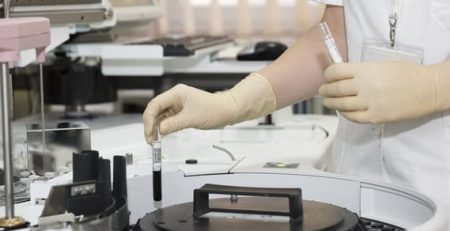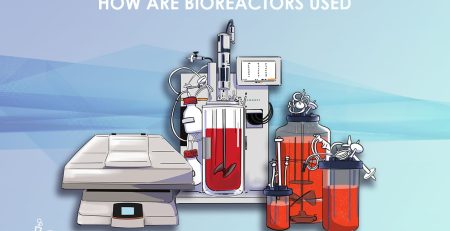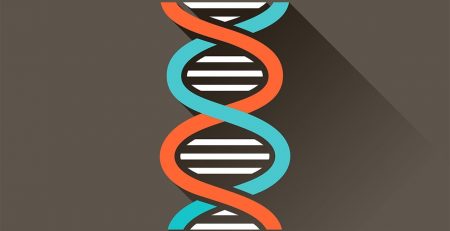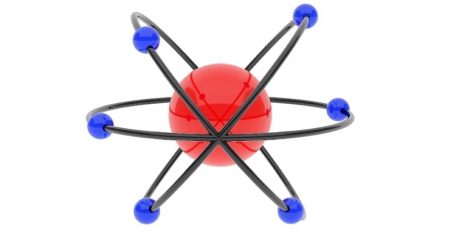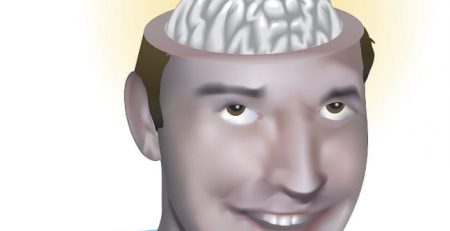Uterus Impacts Working Memory in Rats
New research from Arizona State University suggests that the uterus may play a bigger role in the female anatomy outside of nourishing a growing fetus. A new study conducted on rats and recently published in Endocrinology indicated the uterus also impacts working memory.
In the study, the team divided rats into different groups, each group containing between 14 and 15 rats; one group received hysterectomies (a surgery to remove the uterus), one group received oophorectomies (a surgery to remove the ovaries which approximately half of all women who undergo hysterectomies also have), one group received oophorectomies only, one group received a “sham surgery…which allowed the researchers to separate the potential effects of invasively opening the abdominal cavity from those of actual organ removal,” IFLScience.com reported. There was also a control group that did not receive surgery.
Following a six-week recovery period, the rats’ working memories were tested in a water maze which consisted of eight passages radiating from a central point. Four passages had platforms hidden at the end, and when the rats reached one of these platforms, they were removed from the maze. The rats were then placed in the maze again to allow them to learn which arms contained platforms.
The team found the hysterectomy rats “fared much worse at remembering where platforms were compared to all other groups,” IFLScience.com reported. According to Discovery, “[t]he group that had both the uterus and the ovaries removed did not make as many errors as the group with only the uterus removed, indicating that the removal of the uterus alone had a unique and negative effect on working memory, or on how much information the rats could manage simultaneously, according to the researchers.”
But the researchers don’t want women to be alarmed; instead, they hope this is a call to continue investigating the role the uterus plays in cognitive thinking.
“People talk a lot about the ovary-brain connection because we know now that estrogen and progesterone have such marked effects on things like memory. But we hope that scientists will start thinking about the uterus-ovary-brain system instead of just the ovary-brain system,” senior study author Heather Bimonte-Nelson said.






